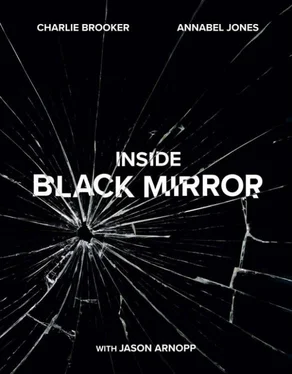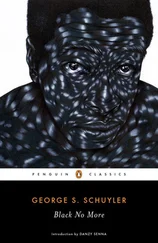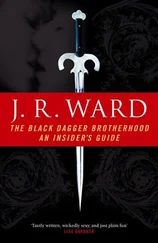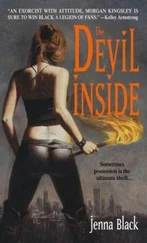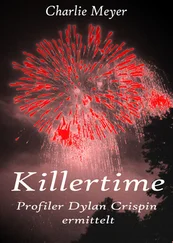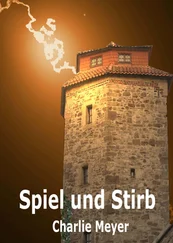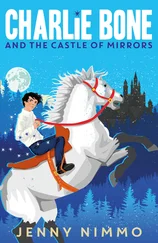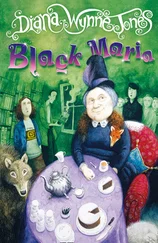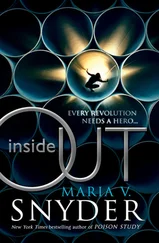
In the third and final story, Potter confesses how he argued with his pregnant girlfriend Beth (Janet Montgomery), leading her to ‘block’ him. His subsequent discovery of her affair then led him to kill Beth’s father.
Charlie Brooker:The blocking storyline was a classic example of a humorous ‘what if’ discussion in the office turning into a story. Years earlier, 2001 or so, I’d done a thing for Unnovations – a TV Go Home spin-off, full of ludicrous inventions – with a pair of high-tech glasses that turned homeless people into cartoon characters, so you could selfishly walk from one artisan coffee shop to the next without getting depressed by social inequality. With the advent of stuff like Google Glass and augmented reality in general, that sort of tech looked closer to reality. We were chatting about the idea and it fused with a discussion of the practice of ‘blocking’ people on social media. And bingo: we had Potter’s story.
Jon Opstad:The third chapter is more emotional, veering from romance to tragedy, and so the music needed to help support this wider emotional range. I added solo viola to the palette for this chapter, to bring a more human emotional quality to the music, which I then processed heavily to fit with the electronic nature of the score. As well as the different instruments there are also different themes developed in each, so in a way it’s like an individual score for each of the three stories, but it all fits together.
At the end of White Christmas , Potter admits that he also accidentally caused the death of Beth’s daughter. When Trent celebrates having extracted Potter’s confession and disappears, Potter finds himself alone in the virtual cottage, effectively doomed to stay there for eternity.
Charlie Brooker:I do seem fond of eternal horrendous torments, which is a bit of a problem, because I’ve got some other eternal horrendous torment ideas that I feel like I can’t do! I loved the short 1981 Stephen King story The Jaunt , about this new teleport system that takes people from Earth to Mars. It works instantaneously, just as long as you don’t open your eyes. Because if you open your eyes, you experience infinity. It’s blood-curdling, and such a horrifying concept.
I don’t think I’d ever seen [the 1979–1982 British sci-fi/fantasy series] Sapphire & Steel as a child – it struck me as too weird and creepy. But by chance, I later saw the last ever episode. My memory of it is that they’re walking around a motorway service station or a roadside cafe in the 1950s. Some kind of time anomaly has happened and they realise they’re going to be there forever. There’s something about the horrific mundanity of being stuck in one place, so you can draw a direct line – whether you call it inspiration or downright copying – from that to White Christmas ’ notion of being stuck in one room for millions of years. It was so horrifying, that the only thing that could make that more so to me, would be having one piece of music playing over and over on a radio.
Quite often, I’ll come up with a nasty ending, then wonder what makes it nastier. Okay, so the child’s corpse is always there, outside the window. And then Wizzard’s [1973 hit] I Wish It Could Be Christmas Every Day is playing and Potter can’t switch it off, and we deliberately crank the music each time until it’s cacophonous. Oh, and we’ve got that time-thing we set up earlier, so he’ll be there for millions and millions of years.

Carl Tibbetts:Once again, like White Bear , it’s crime and punishment. It’s about what’s criminal and what’s not. Potter’s an unfortunate man who did something wrong, but how they extracted the truth out of him. You can torture things that aren’t people, but when do they become people?
Charlie Brooker:We get very involved in the edit, and I love that process, because you can keep changing and massaging things. You can alter the course of the story and the tone so hugely. That’s why I’d find it really fucking hard, now, to write a movie script, then hand it over and go, “Bye everyone!” It’d drive me mad, because I’d feel that what I’d get back would be a random series of images and sounds.
On Black Mirror , you go through the whole birth process, seeing all the rough cuts, and seeing it again and again. And then finally you’re in the dub, in a big sound studio watching it on a big screen, in 5.1 Surround Sound at cinema volume. Before watching the endings of White Bear and White Christmas , I’d lost sight of how horrifying they were, but then when you finally saw them with everything polished, you thought, “Fuck me, that’s so nasty.” White Christmas is so powerful when all the bells and whistles are going.
Barney Reisz:I never want to hear that Wizzard song again, but that’s why it was the best choice. It was supposed to be complete madness by the end, and I think we achieved that.

Charlie Brooker:It was scripted that there’s a radio playing and Potter smashes it, and then he turns around and the radio’s come back. That was done in-camera, which was someone’s idea on the day. We only had a limited number of those radios he could smash, too. The camera follows him around, and then somebody just out of shot puts another radio there. I think there was another take where you just see the hand, and you’re like, “Oh fuck!” There was something else we ultimately cut out, where he smashes the snow globe against the wall, only for that to come back as well. In the edit, we decided we didn’t need that and we’d just use the radio.
And then, while we were filming, I suddenly had the notion of constantly pulling out of the snow globe at the end.
Carl Tibbetts:We wanted to sell the horrific, cyclical nature of Potter’s punishment. The torture of it. I remember us all thinking, “Wow, wouldn’t it be brilliant if we could do that?” And we did, but it wasn’t an easy shot. It was a combination of VFX and camera trick.
Charlie Brooker:We probably used the poor man’s method because we didn’t have motion control cameras and stuff. It was literally patched together from lots of different takes.
A lot of people ask why Potter deserved such torment. In a way, he did and he didn’t. He’s basically in a hell – quite a lot of hell goes on in our stories – which is of his own accidental making. Part of the horror is that, to the police, this is a very abstract thing going on inside a device. For no real reason, the guy cranks it up to 1000 years a minute, just because why not? It’s a bit like deliberately running over a pedestrian in Grand Theft Auto.
Potter loses our sympathy pretty early on in that third story, I think. We hint at him having a drink problem several times throughout the story, and we see him being obnoxious while Beth is trying to sing karaoke — that’s the point at which we realise he’s an unreliable narrator, as is Trent. Originally there was also a quick scene where Potter’s throwing up outside the bar while Beth struggles to get him into a cab, but we ended up not shooting it because of time constraints. I think it’s clear that his rosy description of the relationship doesn’t tally with the reality. Beth is somewhat afraid of him. He’s possessive and has an explosive temper. She’s not a saint herself it turns out, but for my money he’s the root cause of the problems between them. Whether he deserves eternal damnation is a different matter. It just amused me greatly as an endless box of torment.
Читать дальше
